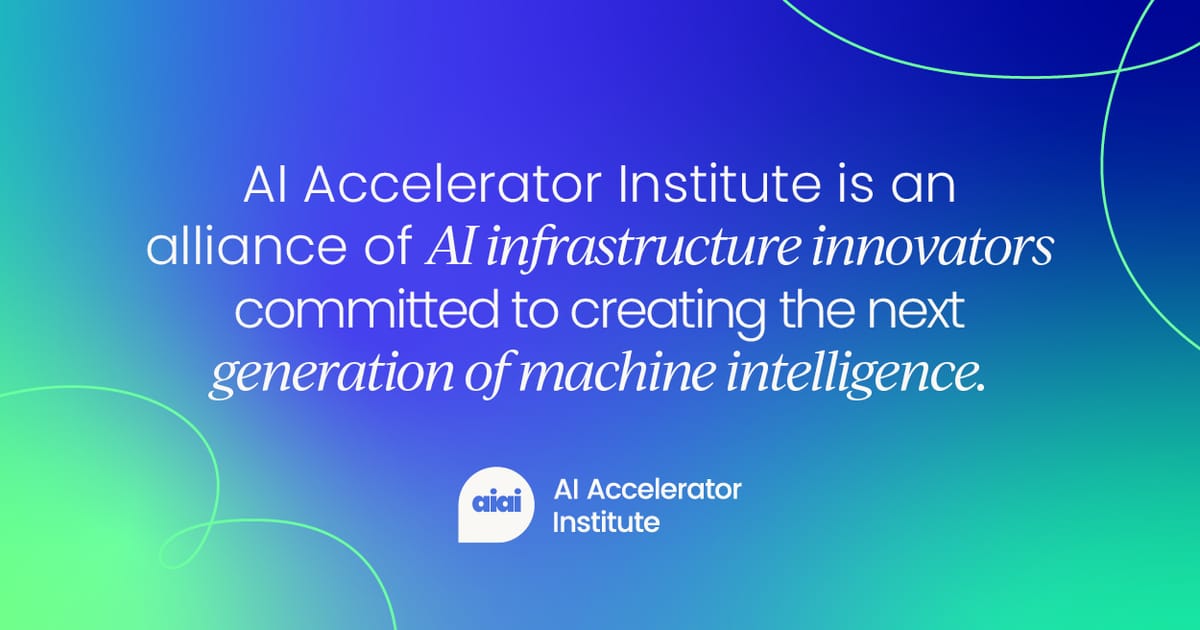So, where do we start?
Generative AI and its seismic societal and economic potential? Drawing out a roadmap to foster innovation but balance ethics? Among these, how can businesses leverage artificial intelligence (AI) to better understand their challenges and contribute to narrowing the digital skills gap by hiring a skilled data team?
For business leaders, it’s a complex maze: one that’s only going to become leaner and tougher as new technologies are discovered. There’s often a phrase in technology dubbed the fear of missing out: the burning desire to always own or be part of the latest and greatest technological marvel whether it be tangible or non-tangible.
The same can be applied to AI: the race deep down to own the space in the business’ respective industry and keep it that way. Being a leader in this space presents a unique set of opportunities and challenges in crafting simple surface solutions combined with masterfully executed technological infrastructure on the underside.
Moving further into 2024 will present a fresh wave of ideas, dynamic consumerism, and ethical pressures. What’s therefore the best way to tackle these?
Basics, basics, basics!
It’s perfectly normal for even the most experienced, published individuals in the AI space to get lost in what is a tentacle-laden subject area.
It’s really important that whatever stage the company is at, Continuing Professional Development (CPD) budgets are allocated to help team members at all levels get up to speed with current tools and frameworks, any gaps in knowledge, and up-skilling in line with current AI trends.
After all, good foundational knowledge will translate cross functionally helping teams better understand, develop, and iterate AI solutions.
Next up, business needs!
The basics being down is one part, but the fun starts when it comes to assessing business needs. The large quantities of data companies gather is to help determine whether algorithmic tools will drive actionable insights and thus value to the organization.
It’s therefore down to leaders to really look at where AI will be their tour de force. For example, could computer vision be an asset for your retail outlet to really drill down and understand where your customers are really gathering and buying from in-store?
Could your supply chain be better optimized with a sprinkling of AI? Or how about the automation of mundane tasks to allow for up-skilling of the workforce into other business-critical areas? Looking at the long-term trajectory of the business will help carve a roadmap allowing for the identification of internal bottlenecks and opportunities across the stakeholder spectrum.

Data is your best friend.
Ultimately the golden key to unlocking actionable insights to help create, deploy, and scale an AI system is the data. Combining this with business needs this opens a treasure chest of value that should be accessible to leaders to collectively and continuously analyze. It’s therefore imperative as a business that the collection of data is done in a secure and ethical manner.
Collaboration
The effectiveness of an AI system isn’t purely from the years of technological prowess obtained by the teams, but the result of effective collaboration across the teams. It’s imperative leaders facilitate dialogue across the likes of technology, marketing, design, and sales to ensure a balanced perspective across the usefulness and scalability of the system.
Look long term
If there’s one final piece of advice I can share, it’s to remember that AI isn’t a short haul nor a quick return-based operation: it’s a continually shifting chess board with the need to constantly watch and learn new moves. As time evolves, keep evaluating the system, and its quality of output combined with changing customer needs and demands.
Conclusions
With the European Parliament recently approving the AI Act [1], Large Vision Models coming into light through OpenAI’s Sora [2] and ethical considerations going into overdrive, there’ll be a lot of noise over the months and years across the space.
It’s important as a leader to remain measured: keep up with the news but don’t let the hype distort your initiatives. Irrespective of your years of experience, take advantage of the many Data Science and AI-based conferences: they’re a great platform for experiencing the fast-paced intricacies that you might not have come across.
Being a leader in AI doesn’t mean you have to tackle it alone: leverage the amazing network of AI professionals and the AI landscape is your oyster.
Bibliography
[1] AI Act: MEPs approve world’s first comprehensive AI law. (2024). BBC News. [online] 13 Mar. Available at: https://www.bbc.co.uk/news/technology-68546450.
[2] OpenAI’s Sora: OpenAI (2024). Sora: Creating video from text. [online] openai.com. Available at: https://openai.com/sora.
Want more from Ana?
Check out her articles below:




 Follow us on LinkedIn
Follow us on LinkedIn




